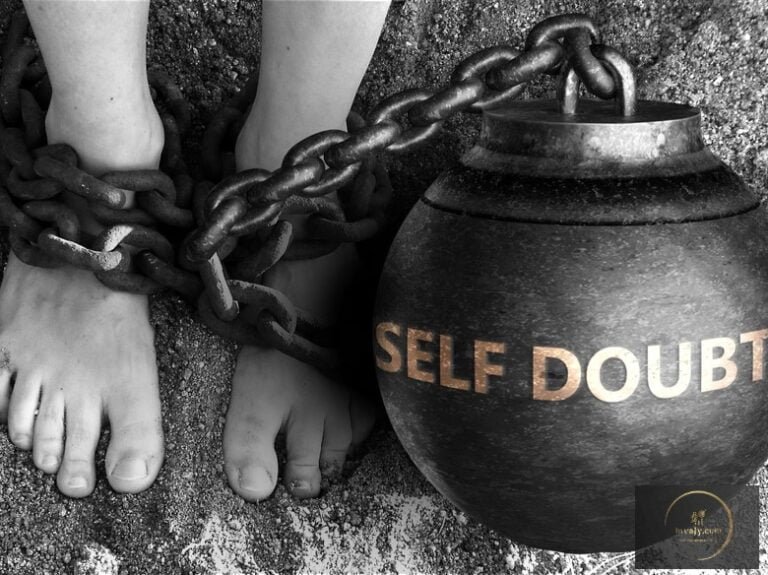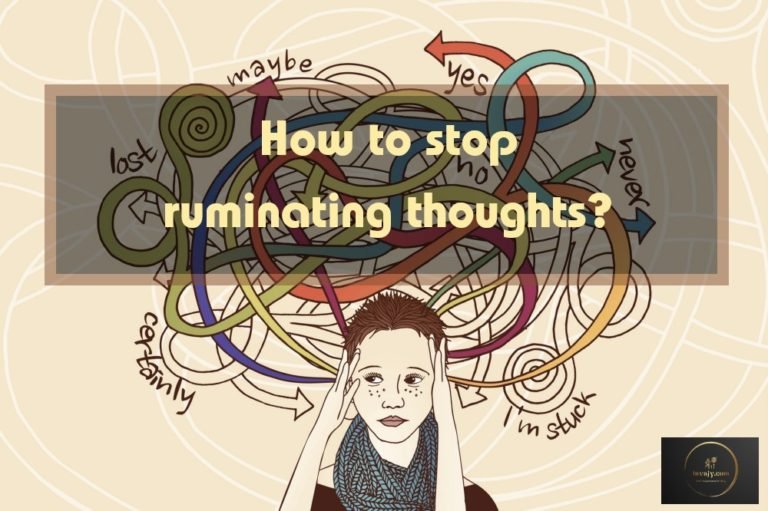Cognitive Behavioral Therapy (CBT)
Discover Cognitive Behavioral Therapy (CBT), a powerful approach to improving mental health. Explore how CBT helps identify and change negative thought patterns and behaviors, leading to effective emotional and psychological outcomes.

When we talk about treatment options for mental health illness, apart from medicines, there are few therapies which can help you manage your problems by changing the way you think and behave. Cognitive behavioral therapy (CBT) is one of them and used in variety of mental health disorders. CBT is used to manage mental health conditions, such as depression, anxiety; and emotional concerns, such as coping with grief or stress. CBT can also help manage non-psychological health conditions, such as insomnia and chronic pain.
What is Cognitive Behavioral Therapy (CBT)?
Cognitive behavioral therapy (CBT) is a common type of structured and goal-oriented talk therapy (psychotherapy). This treatment approach combines cognitive therapy with behavior therapy and provides you a way of understanding your experience of the world, enabling you to make changes if you need to.
In CBT, problems are broken down into 5 main areas:
- Environment or situations
- Thoughts
- Emotions and feelings
- Behaviors and actions
- Physical symptoms
The the above five areas are interconnected and affect our day to day life. The central theory is that problems arise from events and the meanings that people assign to them. Unhelpful thoughts can make it difficult for a person to function confidently in various situations.
What conditions can Cognitive Behavioral Therapy treat?
Mental health professionals, including psychologists, therapists and counselors, use it to treat or manage mental health conditions, emotional concerns and some nonpsychological medical conditions.
Mental Health Conditions
- Depression
- Anxiety disorders
- Obsessive-compulsive disorder (OCD)
- Post-traumatic stress disorder (PTSD)
- Attention-deficit/hyperactivity disorder (ADHD)
- Borderline personality disorder
- Phobias
- Sleep disorders
- Eating disorders including bulimia, anorexia or binge eating disorder
- Substance use disorders and alcohol use disorder
- Bipolar disorders
- Schizophrenia
- Sexual disorders
Emotional Concerns and challenges
- Coping with grief or loss
- Manage emotions
- Resolve relationship conflicts and learn better ways to communicate
- Coping with stressful life situations
- Overcome emotional trauma related to abuse or violence
- Prevent a relapse of mental illness symptoms
Non-psychological medical conditions
- Manage chronic physical symptoms
- Insomnia
- Chronic fatigue syndrome
- Migraines
- Irritable bowel syndrome (IBS)

How long will you need cognitive behavioral therapy (CBT)?
If Cognitive behavioral therapy (CBT) is recommended, you’ll usually have a session with your therapist once a week or fortnightly. Each session generally lasts for 30 to 60 minutes.
Cognitive behavioral therapy (CBT) usually lasts for 5 to 20 sessions. However, each person is unique, and mental health conditions severity may differ, so the length of therapy can vary.
Try not to get discouraged by how long it may take to be able to better manage your thoughts and feelings and have a better quality of life. The important thing is that you’re seeking professional help. Any progress is good progress.
CBT Techniques and Tools
The exact course of a person’s CBT varies, depending on their symptoms and circumstances. During a typical course, a person:
- has regular one-on-one or group sessions, or a combination of both
- answers a series of questions from therapist
- gets frequent feedback
- does role-playing activities
- learns ways like mindfulness to calm the mind and body
- has gradually increased exposure to the things they fear
- does homework assignments
- keeps a cognitive behavioral diary or worry journal
- practices skills to promote positive behavioral change and growth
How Cognitive Behavioral Therapy (CBT) work?
In the question arise in your mind – How does Cognitive Behavioral Therapy (CBT) work? Here is how Cognitive Behavioral Therapy (CBT) helps a person to learn to do cognitive restructuring. A person
- discovers destructive or harmful beliefs and create self-awareness of automatic and unhelpful thoughts
- challenge underlying assumptions that may be destructive, harmful and unhelpful
- distinguish between facts and unhelpful thoughts
- develop a more helpful positive way of thinking and seeing situations
That’s all from my side in this article. Thank you for reading this. I hope this informative write-up on Cognitive Behavioral Therapy will improve your overall understanding about CBT. Over to you now, if you have any questions or queries related to CBT, please feel free to ask them in the comment section, they are much appreciated.
If you have liked this article on Cognitive Behavioral Therapy, please share it with your friends and relatives at your favorite social networks.
(Disclaimer: This article is for general information only. Before adopting preventive methods/measures/treatment, please seek medical advice)






